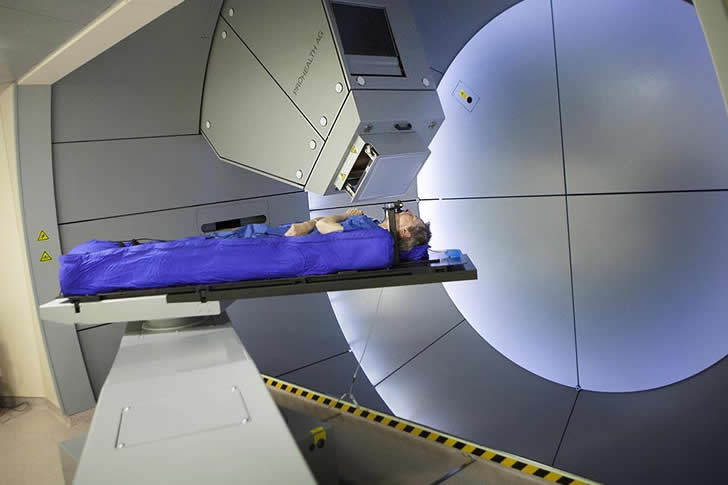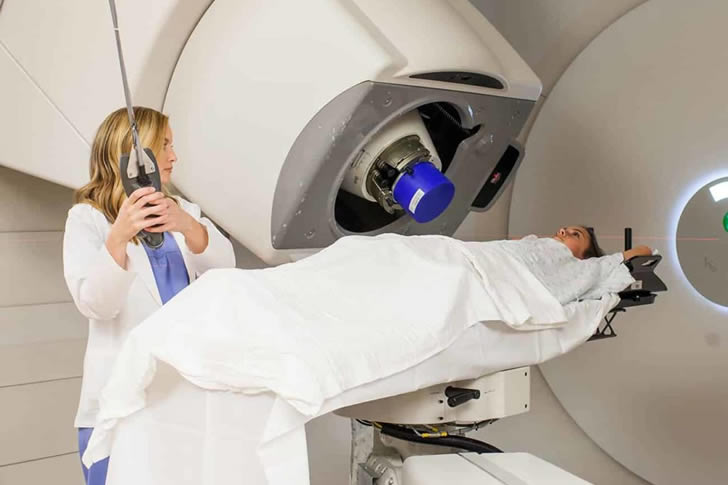The Silent Threat: What Experts Want You to Know About Esophageal Cancer
Esophageal cancer, a formidable disease, presents unique challenges and concerns. It demands our attention due to its increasing incidence and complex nature. This comprehensive guide explores its intricacies, providing essential information to enhance understanding and awareness.

What is Esophageal Cancer?
Esophageal cancer originates in the tissues of the esophagus, the muscular tube that moves food from the throat to the stomach. This malignancy can occur anywhere along the esophagus and is predominantly of two types: squamous cell carcinoma and adenocarcinoma.
Esophageal Cancer in Seniors
- Prevalence: Higher in individuals over 65.
- Symptoms: Similar to general population but may be mistakenly attributed to aging.
- Outcomes: Often poorer due to delayed diagnoses and comorbidities.
Causes and Risk Factors
- Tobacco use: Smoking and the use of chewing tobacco significantly increase risk.
- Alcohol consumption: Heavy drinking is linked to higher rates of squamous cell carcinoma.
- Acid reflux: Chronic gastroesophageal reflux disease (GERD) can lead to Barrett’s esophagus, a precursor to adenocarcinoma.
- Obesity: Higher body mass index (BMI) is associated with an increased risk of adenocarcinoma.
- Diet: A diet low in fruits and vegetables can elevate risk.
Early Signs of Esophageal Cancer
Detecting esophageal cancer early is challenging as early stages rarely cause symptoms. However, subtle signs can sometimes include:
- Mild, intermittent difficulty swallowing
- Indigestion or heartburn that does not improve with medication
- Unexpected weight loss
- Pain or discomfort behind the breastbone
Symptoms of Esophageal Cancer
As the cancer progresses, symptoms become more pronounced. Here is a list of common symptoms:
| Signs and Symptoms | Description |
|---|---|
| Difficulty swallowing | Known as dysphagia, feels like food is stuck |
| Weight loss | Unintentional significant weight loss |
| Chest pain | Pain or discomfort behind the breastbone |
| Persistent cough | Especially when lying down |
| Hoarseness | Changes in voice or chronic cough |
| Vomiting | Can indicate advanced disease |
Diagnosis
Diagnosing esophageal cancer involves several steps:
- Barium Swallow X-ray: To visualize swallowing abnormalities.
- Endoscopy: Direct visualization of the esophagus with a camera.
- Biopsy: Sampling tissue during endoscopy for analysis.
2024 New Treatments
Recent advancements in treatment include:
- Immunotherapy: Using the body’s immune system to target cancer cells.
- Targeted therapy: Drugs designed to target specific aspects of cancer cells.
- Robotic surgery: Minimally invasive procedures that reduce recovery time.
Prevention and Outlook
Prevention strategies focus on mitigating risk factors and include:
- Avoiding tobacco and excessive alcohol
- Maintaining a healthy weight
- Eating a diet rich in fruits and vegetables
The outlook for esophageal cancer depends on the stage at diagnosis, with early detection being crucial for better outcomes.
Striving for a Cure: Advances in Esophageal Cancer Treatment
Recent breakthroughs in treating esophageal cancer offer hope for a cure. Advanced surgical techniques, targeted therapies, and personalized medicine are significantly improving survival rates. Early detection and tailored treatment plans are key to overcoming this challenging disease.
Best Hospitals for Treating Esophageal Cancer
| Hospital | Location | Specialization |
|---|---|---|
| Mayo Clinic | Rochester, MN | Comprehensive cancer care |
| Cleveland Clinic | Cleveland, OH | Esophageal cancer treatment |
| Johns Hopkins Hospital | Baltimore, MD | Advanced gastroenterology |
| MD Anderson Cancer Center | Houston, TX | Leading cancer research |
| Massachusetts General Hospital | Boston, MA | Innovative treatment options |
FAQs
- Q: How common is esophageal cancer?
- A: It is among the top ten most common cancers worldwide.
- Q: Can esophageal cancer be cured?
- A: Yes, especially if diagnosed early. Treatment success rates improve with early detection.
- Q: How can I reduce my risk?
- A: Avoid known risk factors, follow a healthy lifestyle, and undergo regular screenings if you’re at risk.
2024 Best Treatments For Esophageal Cancer
Esophageal cancer is a serious condition that requires prompt and effective treatment. Advances in medical technology and treatment methods have significantly improved the outcomes for patients with esophageal cancer. In 2024, several cutting-edge treatments are available that offer hope and improved survival rates. Here are four of the best treatment options for esophageal cancer, each described in detail to help you understand their benefits and applications.




Conclusion
Esophageal cancer, while serious, is increasingly understood through ongoing research and clinical advancements. Awareness, early detection, and adherence to preventive measures are key to improving outcomes and survival rates.
References







Recent Comments